The inaugural members of the Esperion Scientific Advisory Board (SAB) represent a diverse group of internationally renowned experts who bring a depth and breadth of basic, translational, and clinical research experience across several key therapeutic areas to inform our research and development strategy moving forward. The members of the SAB are at the forefront of research in atherosclerosis and atherosclerotic cardiovascular disease, inflammation, metabolic disorders, and non-alcoholic steatohepatitis/non-alcoholic fatty liver disease.
The insights and recommendations of the SAB members will play a key role in guiding the future of Esperion and optimizing the potential of both our currently marketed products, and the investigational assets in our pipeline, including ATP citrate lyase inhibitors.
The Esperion SAB is co-chaired by JoAnne Foody, MD, FACC, FAHA, Chief Medical Officer of Esperion and the renowned physician-scientist Peter Libby, MD, FAHA, Cardiovascular Specialist at Brigham and Women’s Hospital, current president of the International Atherosclerosis Society, and member of the executive committee for Esperion’s CLEAR Outcomes (Cholesterol Lowering via Bempedoic acid, an ACL-Inhibiting Regimen) study.
The inaugural members of Esperion’s SAB are:
Peter Libby, MD, FAHA, SAB Co-Chair
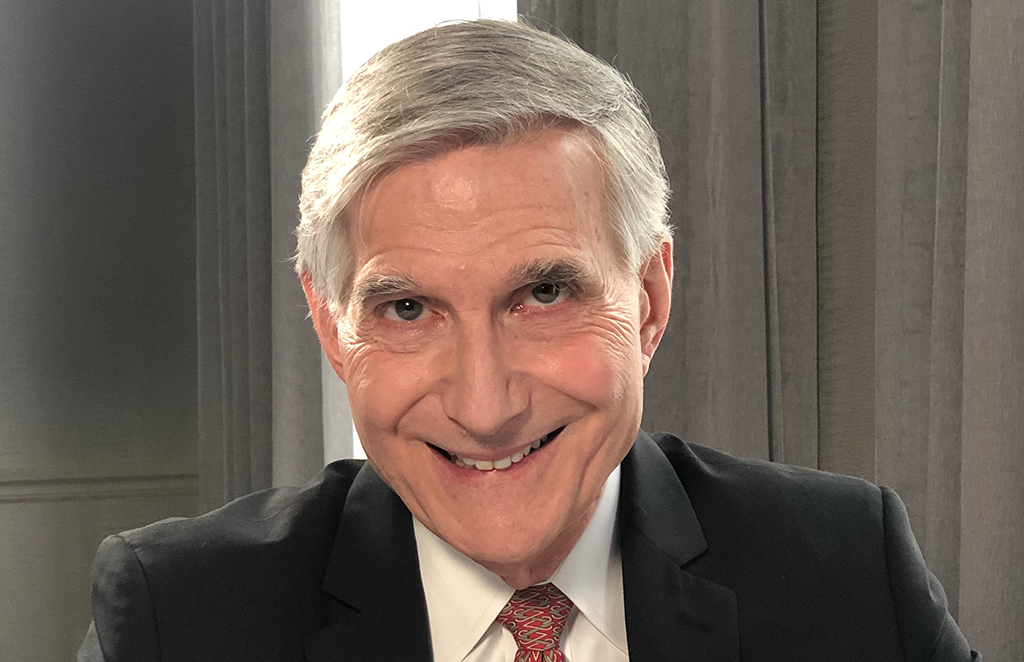
Peter Libby, MD, a cardiovascular specialist at Brigham and Women’s Hospital in Boston, Massachusetts, holds the Mallinckrodt Professorship of Medicine at Harvard Medical School. He directed Cardiovascular Medicine at BWH from 1998 – 2014. His areas of clinical expertise include general and preventive cardiology. His current major research focus is the role of inflammation in vascular diseases such as atherosclerosis. Dr. Libby has a particular devotion to clinical translation. He instigated and helped to lead the large scale Canakinumab Anti-Inflammatory Thrombosis Outcomes Trial that provided clinical validation of the role of inflammation in atherosclerosis.
Dr. Libby has received numerous research awards, including the Distinguished Scientist Award from the American College of Cardiology (ACC), the Gold Medal of the European Society of Cardiology, the Basic Research Prize of the American Heart Association, the Anitschkow Prize in Atherosclerosis Research of the European Atherosclerosis Society, the Ernst Jung Gold Medal for Medicine, and the Benditt Award from the North American Vascular Biology Organization.
Dr. Libby’s professional memberships include the Association of American Physicians, the American Society for Clinical Investigation, and honorary memberships in the British Atherosclerosis Society, the Japan Circulation Society, and the Japanese College of Cardiology. He has served as the President of the Association of University Cardiologists. He also has served as a volunteer for the American Heart Association, including chairman of several research committees and member of executive committees. He presided the ACC’s Research Peer Review Committee for two terms. He has frequently consulted for the National Heart, Lung, and Blood Institute, including membership on the Board of Scientific Councilors. He directed the DW Reynolds Cardiovascular Clinical Research Center and two cycles of Leducq Foundation Awards, and has received continuous funding from the US National Heart Lung and Blood Institute (NHLBI) for several decades. He currently serves as the president of the International Atherosclerosis Society.
An author and lecturer on cardiovascular medicine and atherosclerosis, Dr. Libby has published extensively in medical journals including Circulation, Journal of Clinical Investigation, Proceedings of the National Academy of Sciences, New England Journal of Medicine, and Nature. He is an Editor of Braunwald’s Heart Disease, and was the Editor-in Chief of the current 12th Edition. Dr.
Libby has also contributed chapters on the pathogenesis, treatment, and prevention of atherosclerosis to many editions of Harrison’s Principles of Internal Medicine. He has held numerous visiting professorships and delivered more than 150 major named or keynote lectures throughout the world.
Dr. Libby earned his medical degree at the University of California, San Diego, and completed his training in internal medicine and cardiology at the Peter Bent Brigham Hospital (now Brigham and Women’s Hospital). He also holds an honorary MA degree from Harvard University, and three honorary doctorates.
JoAnne Micale Foody, MD, FACC, FAHA

Dr. JoAnne Micale Foody is a distinguished healthcare thought leader and a respected leading clinical expert, particularly in the cardiovascular industry, with more than 25 years of experience. She has diverse and extensive experience in discovery, diligence, early and late-stage clinical research, medical affairs, and project leadership.
As Chief Medical Officer for Esperion, JoAnne is responsible for Clinical Development, Clinical Operations, Clinical Pharmacology and Pharmacokinetics, BioAnalytics, Research and Development, Pharmacovigilance/Drug Safety, International Development, Medical Affairs and Advocacy.
JoAnne joined Esperion after six years with Johnson & Johnson, where she served in roles of increasing responsibility within Janssen Pharmaceuticals. Most recently she served as vice president and head of data sciences for cardiovascular, metabolism pulmonary hypertension and retinal therapeutic areas, where she was responsible for Janssen’s data science strategy and execution. Previously, she served as Janssen’s vice president and compound development team leader for the Xarelto™ program, working closely across the Janssen buyer alliance to execute on this multi-billion-dollar compound. Prior to that, JoAnne led cardiovascular medical affairs for Janssen.
JoAnne began her corporate career at Merck Research Labs, where she served as global director scientific affairs of cardiovascular and metabolism, formulating franchise strategy and leading compound candidate selection through proof of concept to clinical practice. During this time, she led multiple project teams including not only supporting ezetimibe, but also provided leadership and strategic direction on small molecules targeting atherosclerosis, heart failure, hypertension, and pulmonary hypertension.
JoAnne spent over two decades in academic cardiology and is a known international expert in preventive cardiology, having served as an assistant professor at Yale and an associate professor at Harvard Medical School. She has published extensively with over 200 peer reviewed articles, guidelines, multiple chapters and authoritative textbooks in preventive cardiology, including the highly acclaimed leading cardiovascular disease textbook Preventive Cardiology: Companion to Braunwald’s Heart Disease.
JoAnne is a board-certified cardiologist, a Fellow of the American Heart Association, and a Fellow of the American College of Cardiology.
JoAnne earned a Medical Doctorate at the University of Chicago Pritzker School of Medicine.
Jeffrey Bender, MD
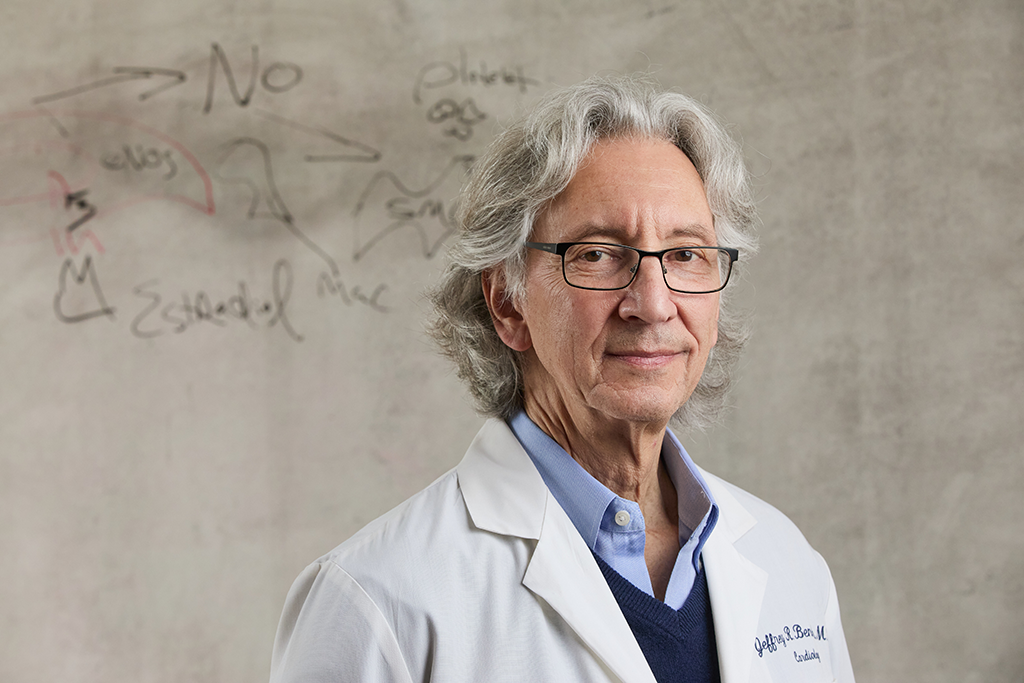
Jeffrey Bender, MD is a Professor of Medicine (Cardiovascular Medicine) and of Immunobiology at the Yale University School of Medicine. He is the Senior Vice Chief for Academic Development of the Cardiovascular Medicine Division. He is the former Director of the Yale Cardiovascular Research Center. He holds the Robert I. Levy Endowed Chair of Preventive Cardiology at Yale. Dr. Bender has devoted his career to the study of the effects of immunity and inflammation on vascular physiology and pathology. He was one of a very few academic cardiologists who studied the regulation and effect of leukocyte adhesion to the endothelium, during the establishment of this field. Out of these inflammation studies also grew an interest in the effects of ovarian steroid hormones on the endothelium. Dr. Bender has described the mechanisms by which estrogen induces endothelial nitric oxide release, and has defined novel features of vascular estrogen receptors. He is a recognized expert and authority on both leukocyte integrin-mediated pro-inflammatory gene expression, and estrogen effects on the vasculature.
As recognition of this work, he was inducted into the American Society for Clinical Investigation (ASCI), the Association of American Physicians (AAP), and the Association of University Cardiologists, which he served as President in 2014. In addition to his molecular and translational science efforts, Dr. Bender is an active clinical cardiologist, having been a cardiac catheterization attending for 14 years, a CCU attending and a cardiology consultant at Yale-New Haven Hospital. He is a dedicated mentor, regularly supervising a cardiology fellows teaching clinic, and is the Director of Yale's Postdoctoral Vascular Research Training NHLBI T32. He has been an active member of the American Heart Association, including chairing the Heritage Affiliate Research Committee, serving on the National Research Committee, and chairing the Portfolio Task Force that guided the initiation of several major new association grant programs.
Erin A. Bohula, MD, DPhil
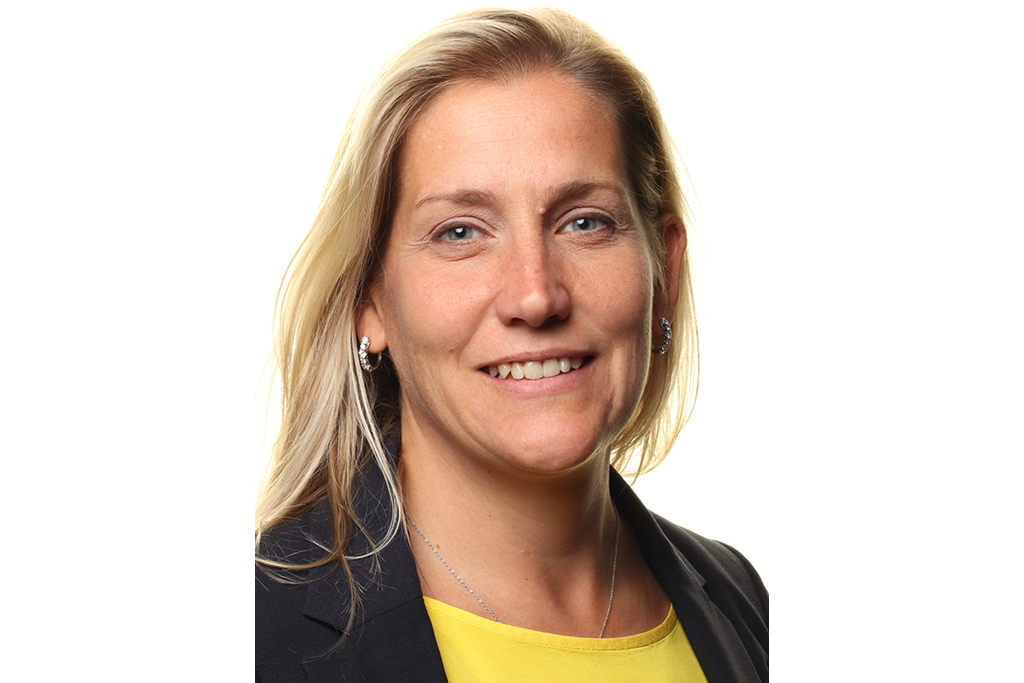
Erin Bohula is an Associate Physician in Cardiovascular Medicine at Brigham and Women’s Hospital (BWH), Boston, MA, USA, an Investigator at the TIMI Study Group and an Assistant Professor at Harvard Medical School. Dr Bohula earned her DPhil in Molecular Biology from University of Oxford, Oxford, UK on a Rhodes Scholarship in molecular oncology. Following training at Harvard Medical School & BWH, she is board certified in internal medicine, cardiology, and critical care medicine.
Dr. Bohula studies pharmacologic interventions for cardiometabolic diseases, such as hyperlipidaemia, obesity and atherosclerotic cardiovascular disease. Her recent trial involvement includes IMPROVE-IT, FOURIER, CAMELLIA-TIMI 61, and VESALIUS-CV. As a cardiac intensivist, she was involved in creating the Critical Care Cardiology Trials Network, a North American research collaborative of cardiology critical care units (CICU) and is currently helping to lead their inaugural RCT, COVID-PACT, studying the efficacy and safety of antithrombotic therapy in critically-ill COVID-19 patients.
Karin Bornfeldt, PhD, FAHA
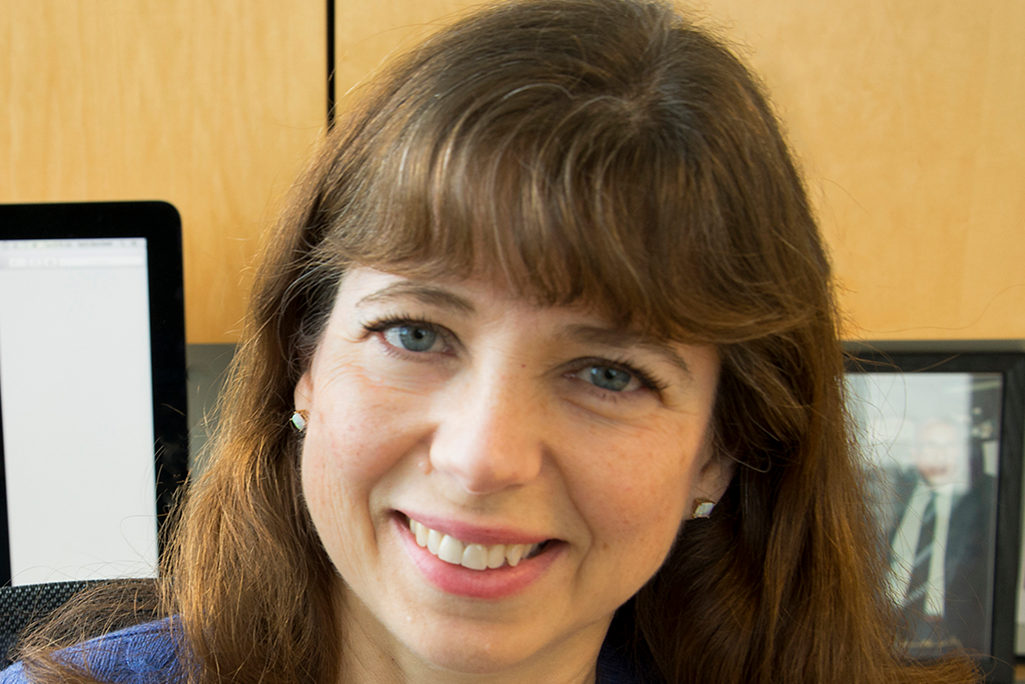
Karin Bornfeldt, PhD, FAHA, is the Edwin L. Bierman Professor of Medicine and Professor of Laboratory Medicine and Pathology at the University of Washington. She also serves as Director of the Diabetes Complications Program of the UW Medicine Diabetes Institute and Deputy Director of the Diabetes Research Center there. She received her PhD in Sweden and then completed a postdoctoral fellowship in the laboratory of Dr. Russell Ross before joining the faculty at the University of Washington.
Dr. Bornfeldt’s long-standing NIH-funded research is devoted to cardiovascular complications associated with diabetes, with a particular emphasis on the role of lipoproteins. Her group uses a combination of human studies and research on mechanistic mouse models to reveal mechanisms and new drug targets. She has published more than 150 scientific papers in this area.
Dr. Bornfeldt is a Fellow of the American Heart Association (AHA), Associate Editor of Circulation Research, Guest Editor of Arteriosclerosis, Thrombosis, and Vascular Biology (ATVB), and Associate Editor of the Journal of Lipid Research. Other honors include the AHA Russell Ross Memorial Lectureship in Vascular Biology (2013), the Edwin L. Bierman Lectureship, American Diabetes Association (2014), the Journal of Lipid Research Lectureship (2019), the ATVB Special Recognition Award in Vascular Biology (2020), the David Rubenstein Lectureship award (2020), and the George Lyman Duff Memorial Lectureship Award, AHA (2021).
Dennis C. Bruemmer, MD, PhD

Dennis C. Bruemmer, MD, PhD, is a Staff Cardiologist and the Director of the Center for Cardiometabolic Health in the Section of Preventive Cardiology and Rehabilitation in the Robert and Suzanne Tomsich Department of Cardiovascular Medicine of the Sydell and Arnold Miller Family Heart, Vascular & Thoracic Institute. He is a Professor of Medicine at Cleveland Clinic Lerner School of Medicine Case Western Reserve Medical School.
Dr. Bruemmer specializes in Preventive Cardiology, particularly in the comprehensive management of cardiovascular risk and metabolic control of patients with diabetes. Dr. Bruemmer further has special interest in cardiac intensive care and echocardiography. Dr. Bruemmer is board-certified in Internal Medicine, Endocrinology, Cardiovascular Disease, and Echocardiography.
Born and raised in Germany, Dr. Bruemmer obtained his MD/PhD degree from the University of Hamburg, Germany in 1998. Following residency training in Internal Medicine/Cardiology at the Charité/Rudolf-Virchow Hospital and the German Heart Institute at the Humboldt University in Berlin, Germany, he relocated to the United States in 2001 for a Research Fellowship in Molecular Biology at the University of California, Los Angeles. After completion of this research fellowship, Dr. Bruemmer joined the faculty at UCLA as Assistant Professor. In 2004, he was recruited to the University of Kentucky where he completed additional clinical subspecialty fellowship training in Endocrinology in 2009 and in Cardiovascular Medicine in 2015. Since 2004, Dr. Bruemmer had been a faculty member and a clinician-investigator at the University of Kentucky. In 2009, he was promoted to Associate Professor and became the Associate Director of the Saha Cardiovascular Research Center. Prior to joining the Cleveland Clinic in 2019, Dr. Bruemmer was an Associate Professor at the University of Pittsburgh and a staff Cardiologist at the UPMC Heart and Vascular Institute and the VA Pittsburgh Healthcare System.
Dr. Bruemmer’s research is focused on mechanisms of atherosclerosis and risk factor intervention for the prevention of coronary artery disease. Dr. Bruemmer’s research has been supported by grant awards from the National Institute of Health, the American Heart Association, and the American Diabetes Association. He has published over 200 manuscripts, review articles, and abstracts, which have been cited over 6000 times. His manuscripts have been published in Nature Chemical Biology, Science Translational Medicine, Nature Reviews in Cardiology, The Journal of Clinical Investigation, Circulation, Circulation Research, Journal of the American College of Cardiology, Diabetes and others. Dr. Bruemmer is a frequent lecturer at national and international conferences. He has served as physician educator for the Preventive Section of the American College of Cardiology. Dr. Bruemmer has been honored with multiple national and international awards, including the Young Scholars Award of the American Society of Hypertension, the Young Investigator Award in Basic Sciences of the European Society of Cardiology, the Endocrine Society Young Investigator Award, the Merit Award for Young Investigators of the American Heart Association’s Council on Arteriosclerosis, Thrombosis, and Vascular Biology, a Career Development Award from the American Diabetes Association, and the Irvine H. Page Award from the American Heart Association. Dr. Bruemmer serves on various national and international review committees and as reviewer for leading manuscripts, including Science, Cell, Proceedings of the National Academy of Sciences, Circulation, Hypertension, Diabetes and others.
David E. Cohen, MD, PhD
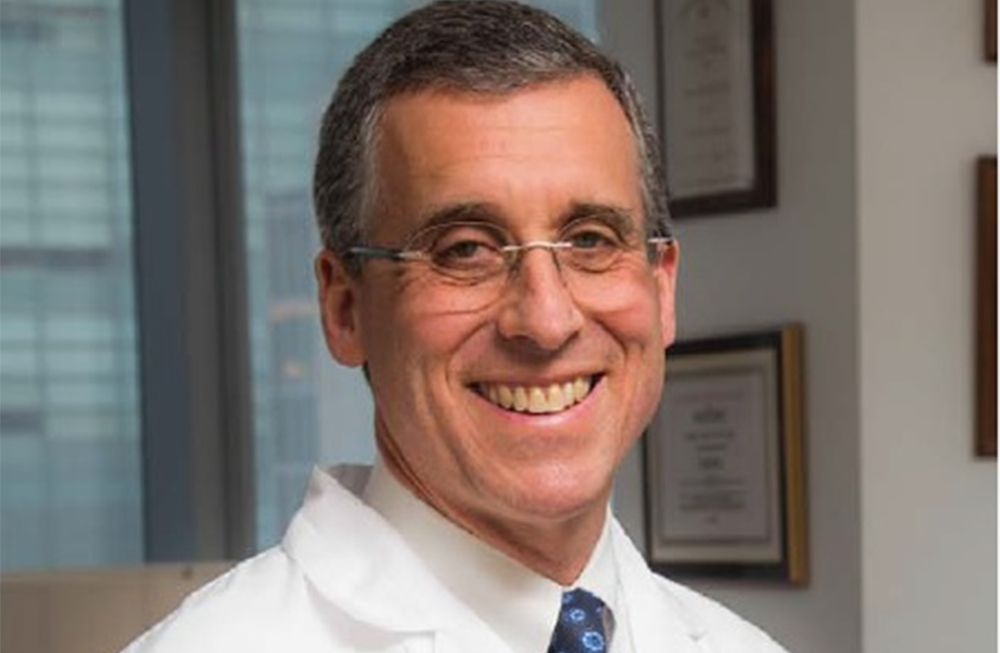
Dr. Cohen received an AB cum laude in chemistry and physics from Harvard College in 1982. He graduated Harvard Medical School (HMS) in 1987, also earning a PhD in physiology and biophysics as a student in the Harvard-MIT Division of Health Sciences and Technology (HST). He completed internal medicine residency, as well as gastroenterology and hepatology fellowships at Brigham and Women’s Hospital. In 1995, Dr. Cohen was appointed as Instructor in Medicine at HMS and Assistant Professor in 1996. In 1997, he moved to the Albert Einstein College of Medicine, where he held joint appointments in the Departments of Medicine and Biochemistry. Dr. Cohen returned to Brigham and Women’s Hospital and HMS in 2004, where he served as Director of Hepatology, Director of HST and the Robert H. Ebert Professor of Medicine at HMS. In 2016, Dr. Cohen became Chief of the Division of Gastroenterology and Hepatology and the Vincent Astor Distinguished Professor of Medicine at Weill Cornell Medical College. In 2021, he returned again to Brigham and Women’s Hospital and HMS as Chief of Gastroenterology, Hepatology and Endoscopy.
Dr. Cohen is a Fellow of the American Gastroenterological Association and of the American Association for the Study of Liver Diseases. He is a member of the American Society for Clinical Investigation, Association of American Physicians, the Interurban Clinical Club, and the American Society for Biochemistry and Molecular Biology. Dr. Cohen’s research has been published in Nature Medicine, Nature Structural Biology, Nature Communications, Cell Metabolism, Journal of Clinical Investigation, Science Signaling, Hepatology and PNAS. Dr. Cohen recently completed his term as editor-in-chief of Hepatology. He has been the recipient of awards, including the American Liver Foundation Research Prize, an American Liver Foundation Liver Scholar Award, an International HDL Research Award, a Hirschl Career Scientist Award and an NIH MERIT Award. He was also an Established Investigator of the American Heart Association.
Gabrielle Fredman, PhD
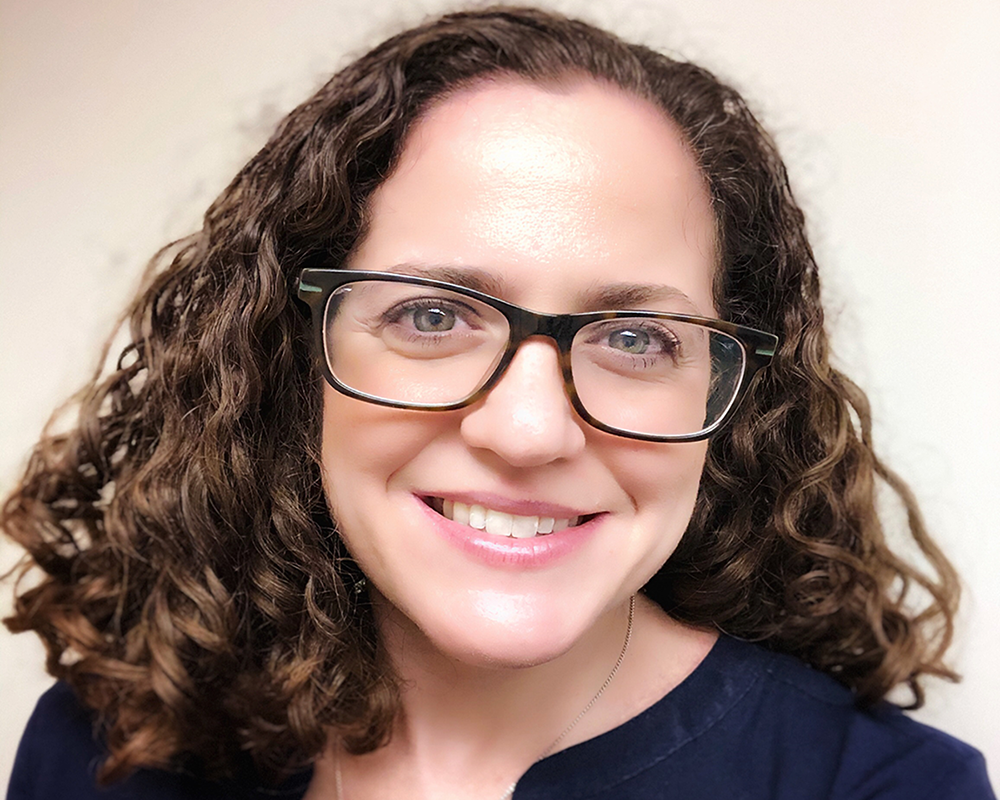
Gabrielle Fredman received a PhD from Boston University in 2009. She then pursued a post-doctoral fellowship at Brigham and Women’s Hospital/Harvard Medical School to study the chemical biology of lipid mediators in the resolution of inflammation. Dr. Fredman carried out a second post-doctoral fellowship at Columbia University where she investigated the actions of pro-resolving lipid mediators in atherosclerosis. Dr. Fredman was a recipient of the Young Investigator Award from the Eicosanoid Research Foundation, was a finalist for the Irvine Page Award and received the Daniel Steinberg Early Career Investigator Award in Atherosclerosis/Lipoproteins. Dr. Fredman is now an Associate Professor in the Department of Molecular and Cellular Physiology at Albany Medical College. Her research interests include uncovering mechanisms associated with defective resolution of inflammation in atherosclerosis and aging, with a focus on pro-resolving lipid mediator signaling and macrophage biology.
Marilyn Glassberg, MD
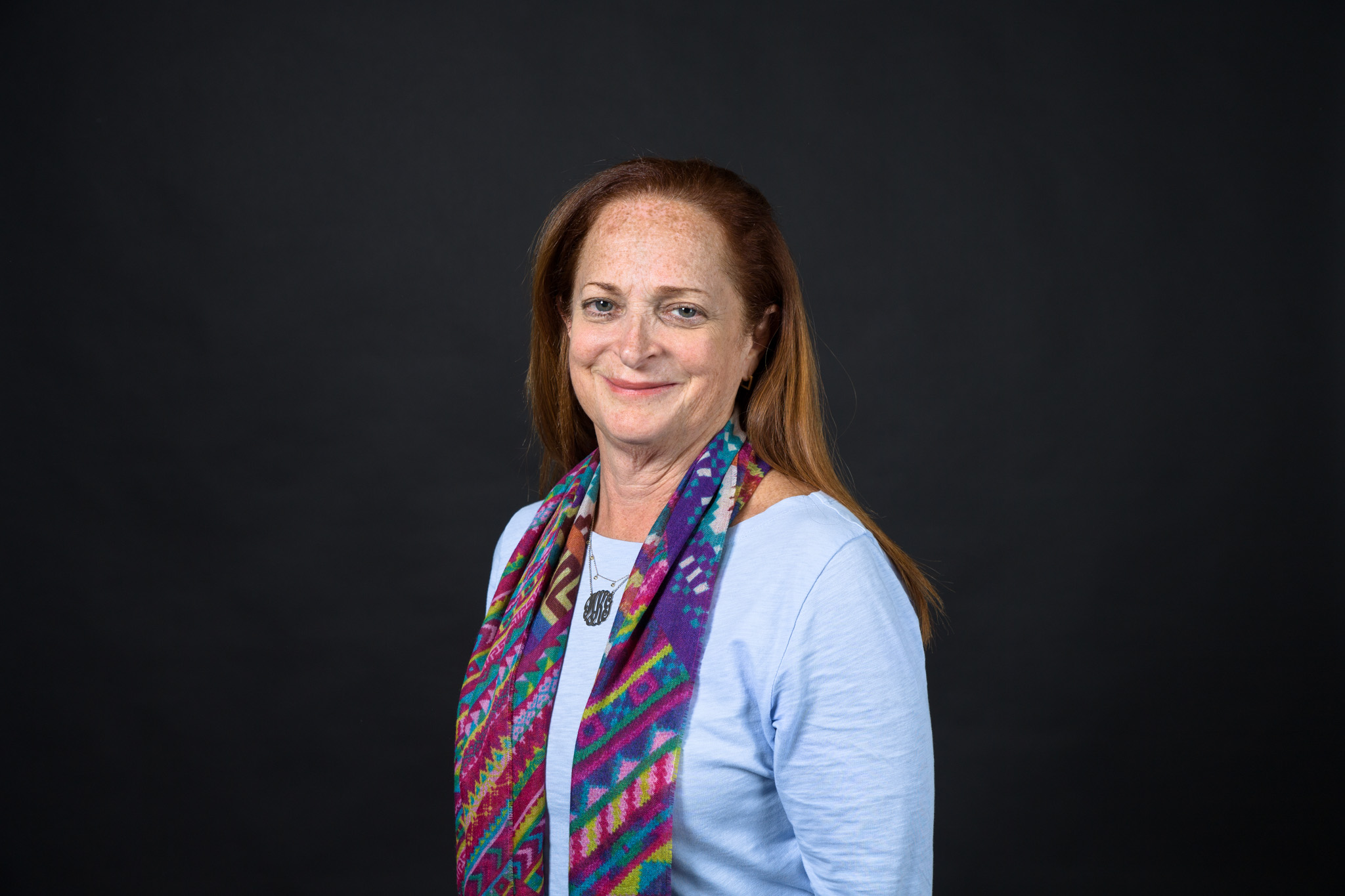
Marilyn Glassberg, MD, is a Professor and Chair of the Department of Medicine at Loyola University Chicago Stritch School of Medicine. She is board-certified in pulmonary medicine and is an internationally recognized expert in interstitial and rare lung diseases. After completing her undergraduate studies at Wellesley College and initial research training with Drs. Judah Folkman and Bruce Zetter at Harvard Medical School, she completed her medical degree and postgraduate training at the University of Miami Miller School of Medicine and University of Miami Affiliated Hospitals.
Prior to joining the college, Dr. Glassberg worked as the division chief of pulmonary medicine, critical care and sleep medicine; the vice-chair for diversity and inclusion, as well as senior director of clinical research and strategy and growth for the department of internal medicine at the University of Arizona College of Medicine – Phoenix & Banner – University Medical Center Phoenix.
For more than 25 years, Dr. Glassberg has spearheaded “bench to bedside” medicine by conducting National Institutes of Health (NIH), industry-sponsored and investigator-initiated clinical trials in patients with idiopathic pulmonary fibrosis (IPF), pulmonary hypertension and lymphangioleiomyomatosis. Dr. Glassberg runs a basic science research lab in collaboration with Dr. Sharon Elliot, professor of surgery, where they have completed and published seminal studies on the mechanisms of cell-based therapy in fibrotic lung diseases. Her team conducted the first in man Phase One clinical trial of intravenous infusion of bone marrow-derived mesenchymal stem cells in patients with IPF.
A sought-after presenter at national and international conferences, Dr. Glassberg has participated in and presented at the Vatican’s global conferences focusing on healthcare initiatives. She has published over 90 peer-reviewed papers and 20 book chapters. She is a member of numerous professional associations including the American Thoracic Society and the American College of Chest Physicians (ACCP).
Jim Januzzi, MD
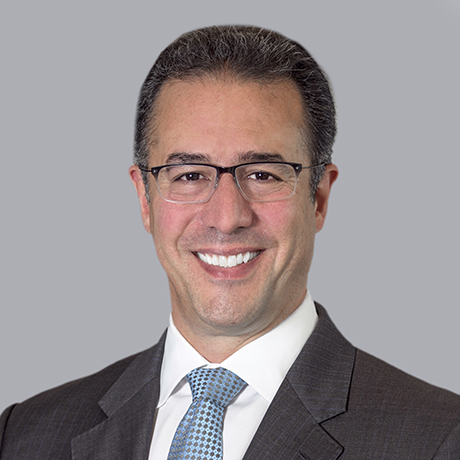
Dr. Jim Januzzi has been a member of the Massachusetts General Hospital Cardiology Division since 2000. He is the Hutter Family Professor of Medicine at Harvard Medical School and is the Director of Heart Failure and Biomarker Trials at the Baim Institute for Clinical Research.
Dr. Januzzi graduated first in his class from New York Medical College in 1994, and subsequently did a residency in Internal Medicine at the Brigham and Women's Hospital, followed by a cardiology and echocardiography fellowship at Massachusetts General Hospital. Since joining the staff at MGH, Dr. Januzzi is an active clinician, with a focus on heart failure and chronic coronary artery disease. He is an active teacher, and has a busy research program, with a specific focus on cardiac biomarker testing. He has published more than 750 manuscripts, has been cited more than 100,000 times, and he has edited 5 textbooks. He speaks widely on the topic of biomarker testing in heart disease and treatment of heart failure. He has served as the Cardiology Consultant to the Boston Red Sox since 2005. He is a Trustee of the American College of Cardiology, and an editor at the Journal of the American College of Cardiology.
R. Preston Mason, MBA, PhD

R. Preston Mason, MBA, PhD is on the faculty of the Department of Medicine, Division of Cardiology, at the Harvard Medical School-affiliated Brigham and Women's Hospital in Boston, Massachusetts. He is also President of Elucida Research, a private biotechnology firm, in Beverly, Massachusetts. Research interests include membrane biophysics, mechanisms of cholesterol crystallization in plaque and the response of the endothelium to oxidative stress and inflammation. Dr. Mason serves on a number of grant review committees, has authored more than 175 full scientific publications, and has multiple patents.
Pradeep Natarajan, MD, MMSC
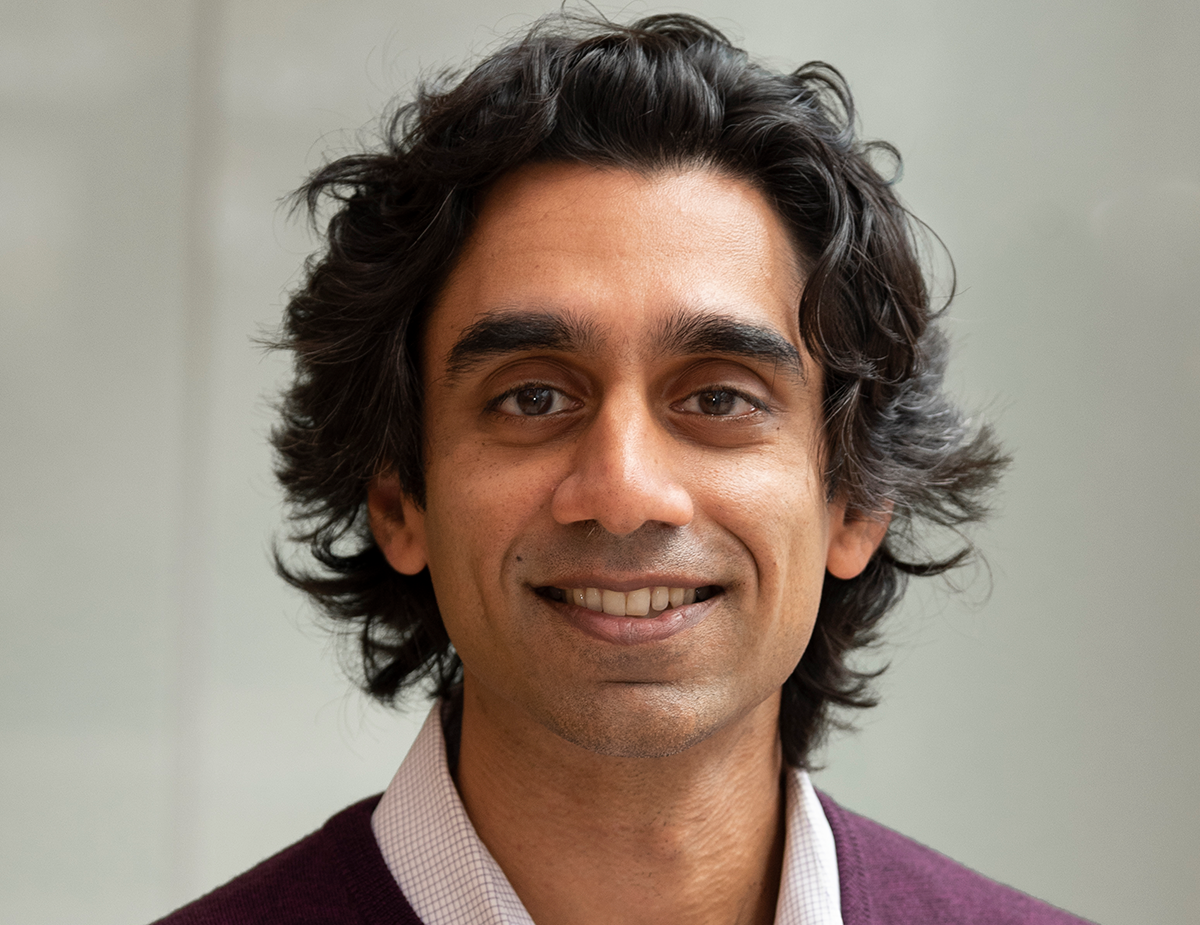
Dr. Pradeep Natarajan is the Director of Preventive Cardiology and the Paul and Phyllis Fireman Endowed Chair in Vascular Medicine at Massachusetts General Hospital, Associate Professor of Medicine at Harvard Medical School, Associate Member of the Broad Institute of Harvard and MIT. He received his BA in molecular biology with Honors and Phi Beta Kappa in 2004 from the University of California, Berkeley. He received his MD with Alpha Omega Alpha in 2008 from the University of California, San Francisco. He received his MMSc in biomedical informatics in 2015 from Harvard Medical School. Dr. Natarajan completed his internship and residency in internal medicine at the Brigham and Women’s Hospital in 2011. He completed his clinical and research fellowship in cardiovascular medicine at the Massachusetts General Hospital in 2015.
Dr. Natarajan uses germline and somatic genetic variation to uncover new biology and enable enhanced clinical care for cardiovascular disease. He leads several consortia to use genetic epidemiology, large-scale sequencing studies, genotype-driven human investigation, and genetic testing implementation. Among his scientific contributions, he has pioneered ‘human knockout’ discovery and investigation to prioritize therapeutic targets, monogenic and polygenic characterization of heritable traits through whole genome sequencing, and the novel concept of somatic mutations contributing to cardiovascular disease. He has authored over 150 scientific papers, including senior-authored publications in Nature, Nature Medicine, Nature Genetics, JAMA, JACC, and Circulation.
Dr. Natarajan is a Fellow of the American College of Cardiology, Fellow of the American Heart Association, and Elected Member of the American Society for Clinical Investigation. He has received several awards for his contributions, including most recently the Jeffrey M. Hoeg Arteriosclerosis, Thrombosis, and Vascular Biology Award for Basic and Clinical Research from the American Heart Association.
In tandem to his research efforts, Dr. Natarajan oversees clinical and training programs on the prevention of cardiometabolic diseases leading the MGH Cardiovascular Disease Prevention Center.
Paul M. Ridker, MD
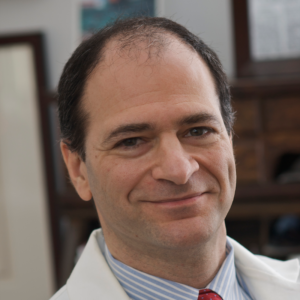
Dr. Paul M Ridker, MD (Harvard Medical School 1985), MPH (Harvard School of Public Health 1990), serves as the Eugene Braunwald Professor of Medicine at the Harvard Medical School and as Director of the Center for Cardiovascular Disease Prevention at the Brigham and Women’s Hospital in Boston Massachusetts USA.
Over a 30-year period, Dr. Ridker and his collaborators provided the first proof-of-principle for the inflammation hypothesis of atherothrombosis in humans; the first demonstration that statin therapy is both lipid-lowering and anti-inflammatory; the first FDA-approved diagnostic test for vascular inflammation (hsCRP); the first proven anti-inflammatory treatment for heart disease (canakinumab); and brought into clinical practice worldwide the concept of “residual inflammatory risk”. On multiple occasions Dr. Ridker’s work has altered clinical guidelines for the diagnosis, treatment, and prevention of atherosclerotic disease – the most common cause of death on a global basis. As a direct consequence of this work, multiple novel anti-inflammatory agents targeting interrelated aspects of heart disease ranging from chronic atherosclerosis to acute ischemia to congestive heart failure are under development at nearly all major pharmaceutical companies worldwide. Dr. Ridker’s translational work has thus helped catalyze the first new target for atherothrombosis in 40 years that is not related to cholesterol, blood pressure, or coagulation.
Dr. Ridker is additionally known internationally for his leadership of over 15 major multi-national randomized clinical trials including PREVENT, JUPITER, SPIRE-1, SPIRE-2, CANTOS, CIRT, PROMINENT, and ZEUS. The recipient of multiple honorary degrees and international awards, Dr. Ridker is a Distinguished Scientist of the American Heart Association and an elected member of the National Academy of Sciences, USA.
In 2020, in response to the COVID-19 pandemic, Dr. Ridker was asked by the U.S. government and the National Heart Lung and Blood Institute to lead the ACTIV-4B Outpatient COVID-19 Thrombosis Prevention Trial.
With an h-index in 2022 of 261 and with over 300,000 cumulative citations, Dr. Ridker is among the top 15 most-cited biomedical researchers worldwide.
Dr. Ridker’s research unit has been continuously funded by the US National Institutes of Health (NIH). With regard to mentoring and teaching, Dr. Ridker served for 20 years as Principal Investigator of an NHLBI-funded T32 Training Grant in Cardiovascular Epidemiology which supported the early career development of 60 trainees, almost all of whom remain active in academia, many now nationally and internationally recognized in their own right.
Gerald I. Shulman, MD, MACP, MACE, FRCP
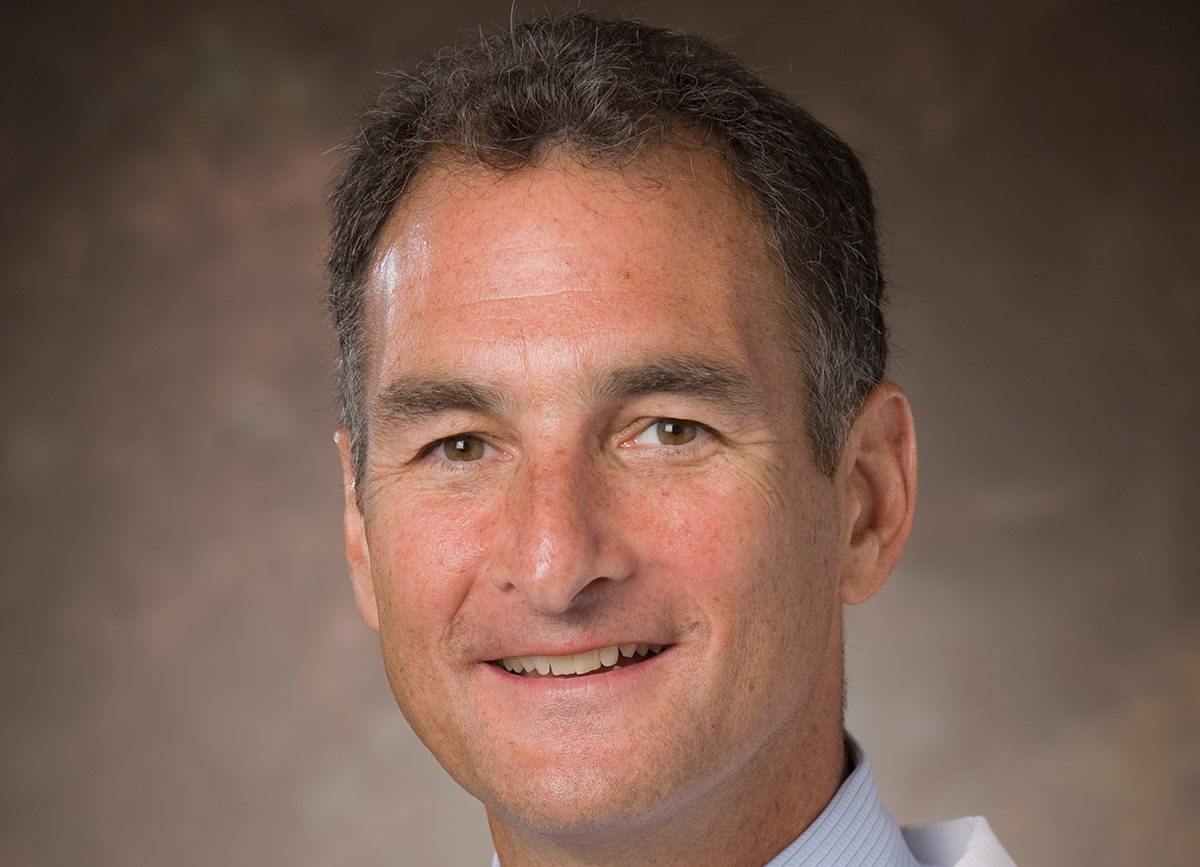
Dr. Shulman is the George R. Cowgill Professor of Medicine and Cellular & Molecular Physiology at Yale. He is also Co-Director of the Yale Diabetes Research Center and was an Investigator of the Howard Hughes Medical Institute for 21 years. Dr. Shulman has pioneered the use of magnetic resonance spectroscopy combined with mass spectrometry to non-invasively examine intracellular glucose and fat metabolism in humans and transgenic rodent models that have led to several paradigm shifts in our understanding of type 2 diabetes (T2D), including the molecular mechanisms by which lipids promotes liver and muscle insulin resistance, as well as developing new drugs for the treatment of T2D, nonalcoholic fatty liver disease and nonalcoholic steatohepatitis.
Dr. Shulman is the recipient of the Stanley J. Korsymeyer Award from the American Society for Clinical Investigation, the Outstanding Clinical Investigator Award from the Endocrine Society, the Solomon Berson Award from the American Physiological Society, the Outstanding Scientific Achievement Award and the Banting Medal for Lifetime Scientific Achievement from the American Diabetes Association and the 2021 Mapei Suzuki International Prize for Diabetes Research.
Dr. Shulman is a Fellow of the American Association for the Advancement of Science, Inaugural Fellow of the American Physiological Society, Mastership in the American College of Physicians, Mastership in the American College of Endocrinologists, and he has been elected to the American Society for Clinical Investigation, the Association of American Physicians, National Academy of Medicine, the American Academy of Arts and Sciences and the National Academy of Sciences.